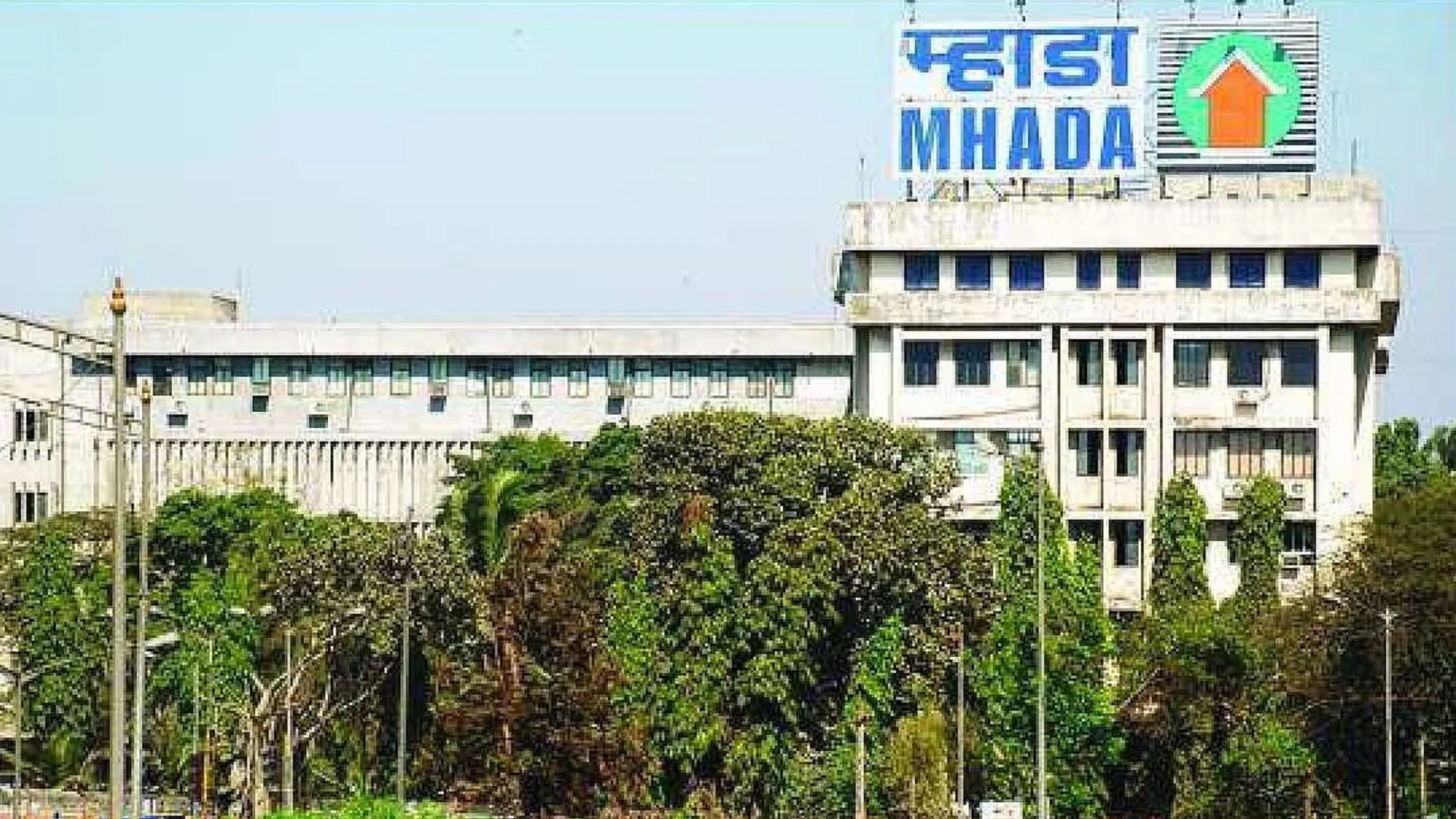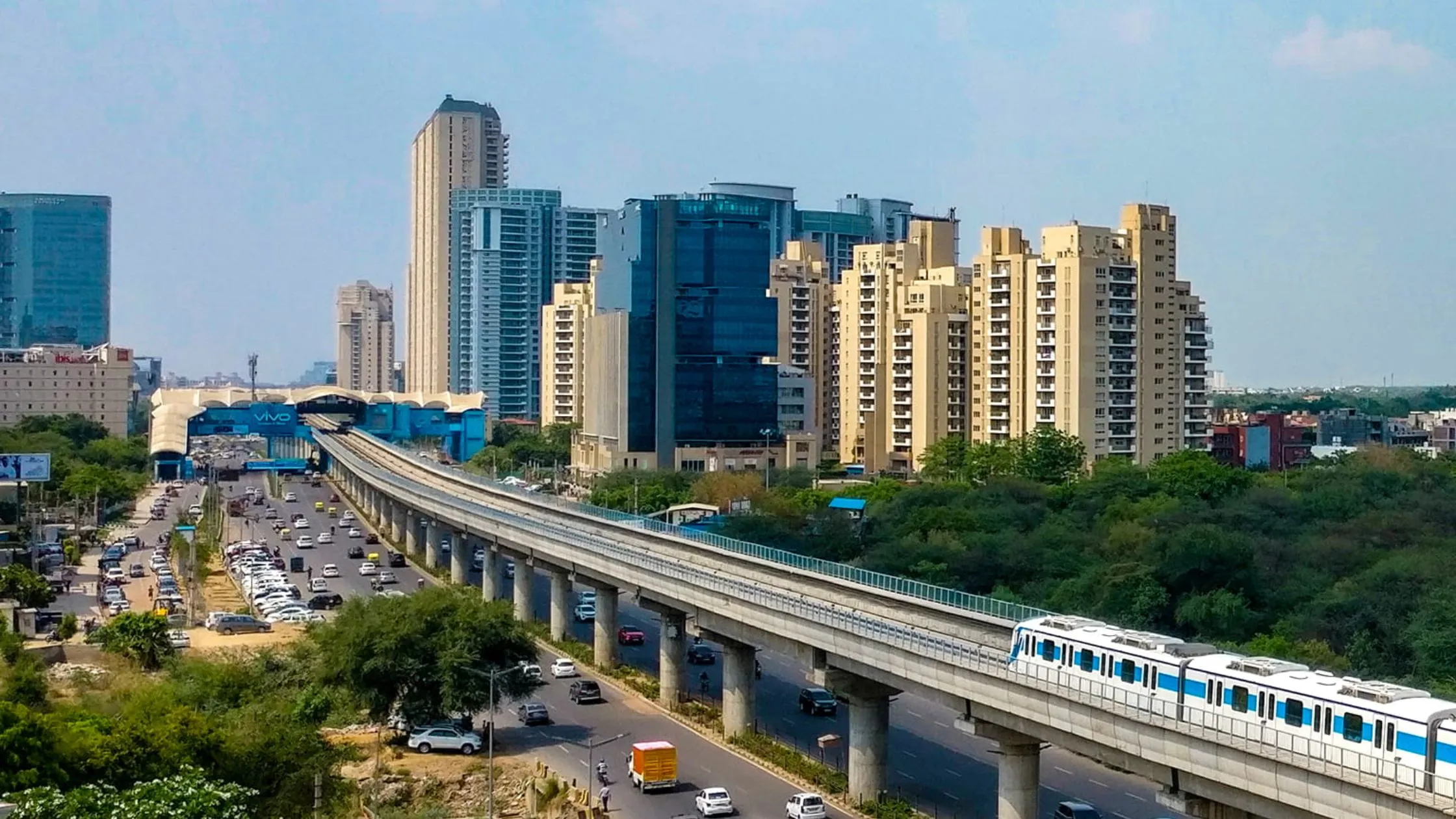Table of Content
▲- Background: How the Case Began
- Court’s Observations: No Legal Basis for NOC Requirement
- Widespread Corruption and Malpractice in Redevelopment NOCs
- Court Clarifies the Role of DDRs in Redevelopment
- Next Steps: State Ordered to Implement the Ruling
- Impact on Housing Societies and Developers
- MGP’s Reaction: A Victory for Transparency
- Conclusion
In a landmark judgment that could transform the way cooperative housing societies in Maharashtra approach redevelopment, the Bombay High Court has ruled that societies no longer need to obtain a No Objection Certificate (NOC) from district deputy registrars (DDRs) before initiating redevelopment. The decision, delivered by Justice Amit Borkar, is seen as a crucial step in curbing corruption and removing unnecessary bureaucratic hurdles that have long plagued housing projects across the state.
This verdict not only clarifies the legal position under the Maharashtra Co-operative Societies Act but also empowers housing societies to take charge of their redevelopment process, without interference from registrar offices.
Background: How the Case Began
The case originated from a petition filed in August 2025 by eight members of the Bandra Nisha Cooperative Housing Society in Mumbai. Their redevelopment project had been put on hold after the district deputy registrar refused to grant the necessary NOC.
The petitioners argued that there was no legal requirement for such an approval under the existing cooperative society laws. The delay, they said, was arbitrary and was causing financial and practical hardships for the members.
The High Court agreed to examine the matter, noting that several societies across Mumbai and Maharashtra had faced similar roadblocks. These prolonged delays often resulted in stalled projects, disputes with developers, and additional costs for homeowners a pattern that had become alarmingly common.
Also Read: India Records 57 Million Sq Ft of Office Space Absorption Between Jan–Sept 2025
Court’s Observations: No Legal Basis for NOC Requirement
After reviewing the provisions of the Maharashtra Co-operative Societies Act and related government resolutions, the Bombay High Court observed that there was no statutory basis for district deputy registrars to demand a NOC before or after a society decides on redevelopment.
Justice Borkar stated clearly that, “The Registrar has no authority, either under statute or Government Resolution, to insist upon a No Objection.”
The court emphasized that the general body of a cooperative housing society is the “supreme authority” when it comes to managing its affairs including redevelopment decisions. Therefore, DDRs cannot override or interfere with resolutions passed by the society’s general body.
This interpretation effectively ends a long-standing grey area that allowed officials to exercise discretionary power, often leading to delays or financial exploitation.
Widespread Corruption and Malpractice in Redevelopment NOCs
The Mumbai Grahak Panchayat (MGP) a leading consumer rights cooperative played a key role in bringing attention to the issue. The organization revealed that DDRs were routinely demanding ₹15,000 to ₹50,000 per flat as unofficial “fees” to issue NOCs for redevelopment.
In some cases, MGP noted, officials even went a step further influencing which developer would be awarded a project and taking kickbacks in return. These practices not only raised ethical and legal concerns but also undermined the transparency of the redevelopment process.
The No NOC from registrars ruling directly targets these corrupt practices. By eliminating the need for registrar approval, the High Court has effectively closed a channel that had become synonymous with extortion and misuse of power in the cooperative sector.
Court Clarifies the Role of DDRs in Redevelopment
While stripping DDRs of their approval authority, the Bombay High Court clarified that registrars still have a supervisory role to ensure fairness and transparency in the redevelopment process.
Under the new framework:
- DDRs must supervise the society’s redevelopment process to ensure compliance with rules.
- They must nominate an authorized officer to attend the general body meeting, not as a decision-maker, but as an observer.
- The officer’s duties are limited to confirming that quorum requirements are met, voting is properly conducted, and minutes are accurately recorded.
The court stated that this procedural oversight is meant to promote transparency, not to create a parallel approval mechanism. In essence, DDRs can watch, but they cannot control.
Next Steps: State Ordered to Implement the Ruling
To ensure uniform implementation, the court directed the Commissioner of Cooperation to issue a circular clarifying the order to all district offices across Maharashtra.
The circular must be published on the official website of the Cooperative Department to make it accessible to the public and cooperative housing societies.
Once issued, this circular will become a binding guideline for all DDRs, ensuring that redevelopment projects proceed without illegal demands or delays. This administrative clarity is expected to reduce friction between societies and registrar offices significantly.
Impact on Housing Societies and Developers
The No NOC from registrars ruling carries wide-ranging implications for Mumbai’s and Maharashtra’s redevelopment ecosystem.
For housing societies, the ruling restores autonomy. General bodies can now finalise redevelopment plans, select developers, and move forward without waiting for administrative approvals. This means faster execution, fewer legal disputes, and a smoother transition for residents awaiting their redeveloped homes.
For developers, the decision eliminates a major uncertainty the often unpredictable delay in getting registrar approvals. It enhances the ease of doing business and ensures that projects can be launched and executed in a more predictable timeline.
Homeowners, too, stand to benefit as the overall redevelopment timeline shortens and the process becomes more transparent. This ruling also complements the Maharashtra government’s larger efforts to streamline housing redevelopment and promote urban renewal in Mumbai and other urban centres.
Also Read: India’s Retail REIT Market Likely to Touch ₹60,000–80,000 Crore by 2030
MGP’s Reaction: A Victory for Transparency
Welcoming the verdict, the Mumbai Grahak Panchayat termed it a “landmark judgment” that will help curb institutionalized corruption within the cooperative system.
In its official statement, MGP said that with this judgment, the corrupt practices prevalent in DDR offices are “expected to be buried for good.” The organization added that the verdict will encourage more societies to initiate redevelopment confidently, knowing that they no longer have to navigate unnecessary red tape.
The ruling also strengthens citizen-led advocacy for accountability and transparency in the housing sector something consumer rights groups have long been fighting for.
Conclusion
The Bombay High Court’s judgment on No NOC from registrars marks a crucial turning point in Maharashtra’s housing redevelopment landscape. By removing an unnecessary and legally unsupported layer of approval, the court has reaffirmed the autonomy of cooperative housing societies and delineated the limits of administrative authority.
This step is more than a procedural clarification it is a major stride towards cleaner, faster, and fairer redevelopment practices. It sets a precedent that balances transparency with independence and signals a future where housing societies can redevelop with confidence, free from bureaucratic corruption.






_1770286619.webp)
_1770284675.webp)

Ans 1. The High Court ruled that cooperative housing societies in Maharashtra no longer need to obtain a No Objection Certificate (NOC) from district deputy registrars (DDRs) to initiate redevelopment, ending a long-standing bureaucratic hurdle.
Ans 2. The NOC process had no legal basis and often caused delays, additional costs, and corruption. DDRs were reportedly demanding unofficial fees and influencing developer selection, undermining transparency.
Ans 3. DDR offices still have a supervisory role. They can attend general body meetings as observers to ensure quorum, proper voting, and accurate recording of minutes, but they cannot approve or control redevelopment decisions.
Ans 4. Societies regain autonomy to approve redevelopment plans, select developers, and execute projects without waiting for administrative NOCs. This speeds up timelines, reduces disputes, and ensures smoother redevelopment.
Ans 5. Developers benefit from reduced uncertainty and faster project approvals, improving the ease of doing business and enabling timely execution of redevelopment projects.
Ans 6. Yes, homeowners can expect shorter redevelopment timelines, greater transparency, and fewer legal or bureaucratic hurdles, ensuring faster delivery of new homes.
Ans 7. The court directed the Commissioner of Cooperation to issue a circular for all district offices, which will be published online as a binding guideline for DDRs, standardizing the redevelopment process statewide.
Ans 8. No, it applies to all cooperative housing societies across Maharashtra, providing uniform clarity and legal backing for redevelopment projects throughout the state.
Ans 9. By removing the NOC requirement, the ruling eliminates a key channel for bribery and undue influence, promoting cleaner and more transparent redevelopment practices.
Ans 10. Yes, as a High Court judgment, it sets a legal precedent and clarifies that DDR approval is not required, reinforcing the authority of societies’ general bodies in redevelopment matters.